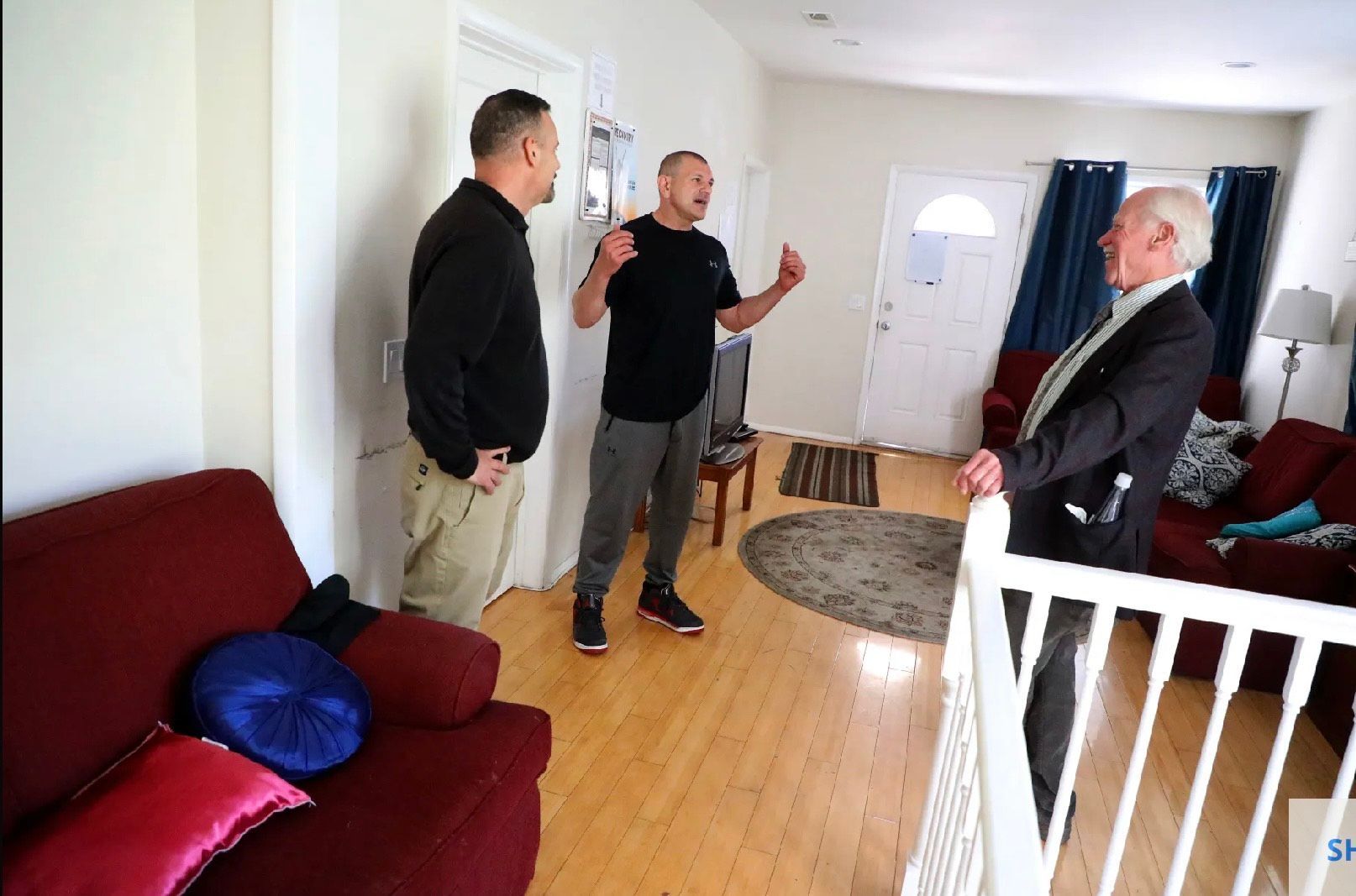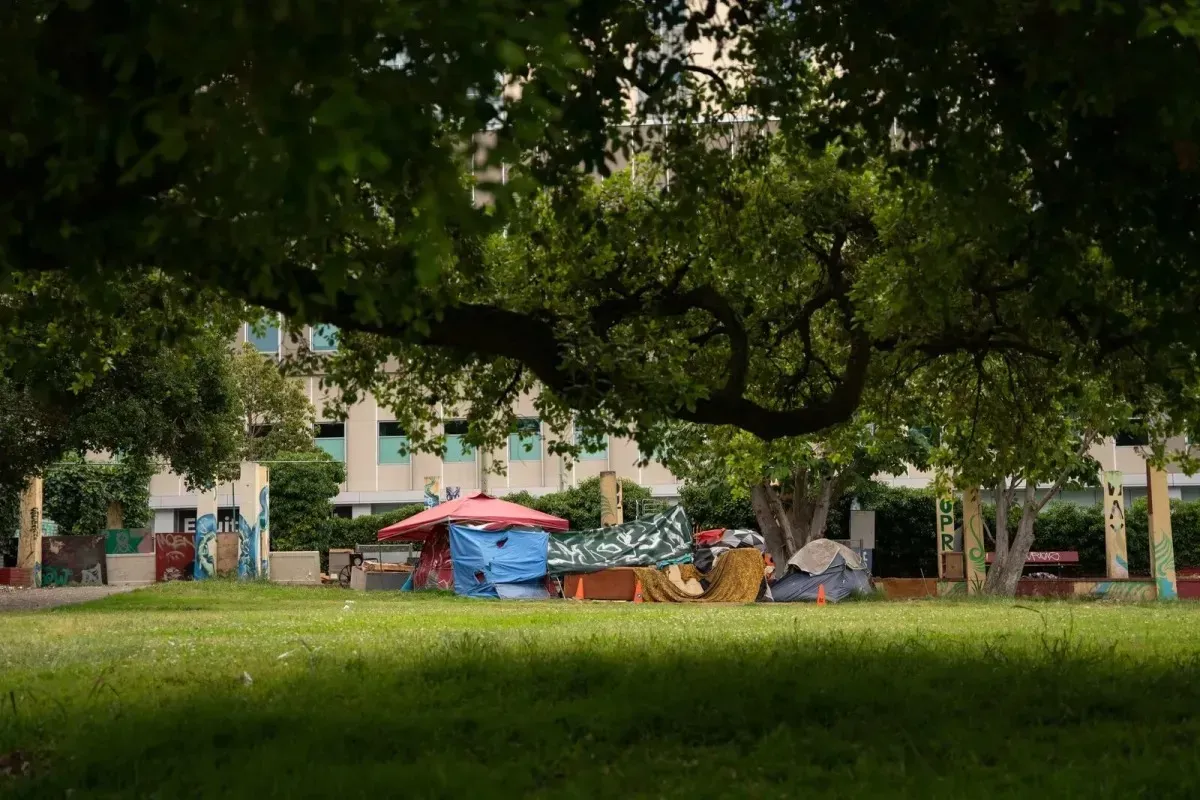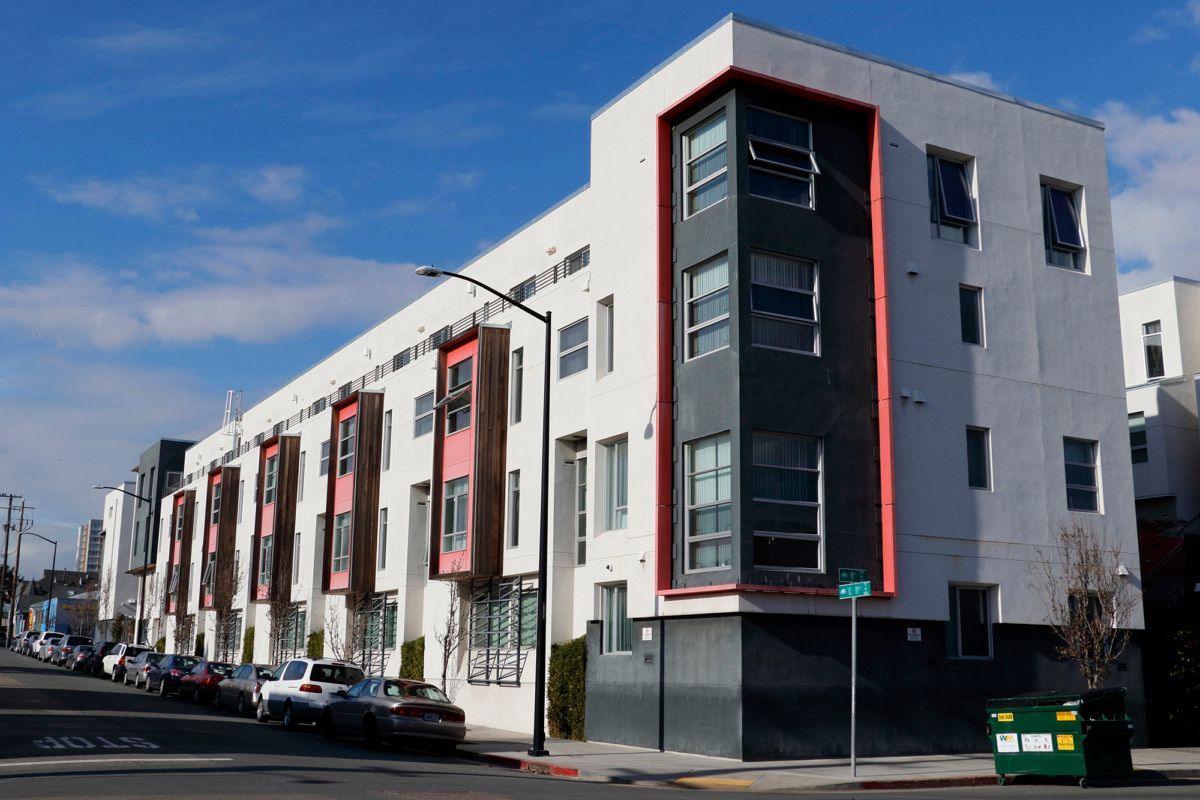Finding Comfort and Hope in Sober Living
Taking the first step toward recovery can feel overwhelming, but you don’t have to do it alone.

At Hubbert Homes in Oakland, CA, we understand that seeking help takes courage. Our sober living program offers a calm and supportive environment where you can find stability and take the time you need to rebuild your life.
A Place to Rest and Heal
Recovery is not a race. It’s a journey that requires patience, compassion, and a space where you feel safe. Hubbert Homes provides a transitional home for women who are looking for a place to:
- Feel Supported: Surround yourself with people who understand your journey.
- Find Stability: Focus on creating a solid foundation for your next steps.
- Rebuild Slowly: Take the time you need to heal without external pressures.
Whether you’re taking your first steps or continuing your journey, our home is a place where you can simply be, without judgment or expectations.
Why Choose Sober Living?
Sober living is about more than just staying sober. It’s about finding peace and hope again. Some of the benefits of a sober living environment include:
- A Quiet Space to Reflect: Time to focus on your well-being in a distraction-free setting.
- A Community of Understanding: While we may not host frequent activities, our home is a place where you can share experiences and find comfort in others’ stories.
- Freedom to Grow at Your Own Pace: There’s no pressure to meet deadlines or expectations—only encouragement to move forward when you’re ready.
Our Approach
At Hubbert Homes, we believe in providing a steady and simple foundation. While we may not host daily events or activities, we are here to offer:
- A Safe, Structured Space: A home where you can focus on recovery and stability.
- Access to Resources: Guidance in finding local support networks, counseling, or employment resources as needed.
- Respect for Your Journey: Recovery is deeply personal, and we honor your unique path.
Words of Encouragement
"I didn’t know where to turn when I found Hubbert Homes. What I found was a quiet place to regain my footing and a reminder that I wasn’t alone. The simplicity of the environment gave me space to heal, and for that, I’m forever grateful."
You don’t need to have all the answers right now. All you need is the courage to take one small step, and we’re here to walk alongside you.
How to Reach Us
If you’re looking for a sober living home in Oakland, CA, Hubbert Homes is here to provide a safe and welcoming space. Contact us today to learn more or to begin your journey with us.







